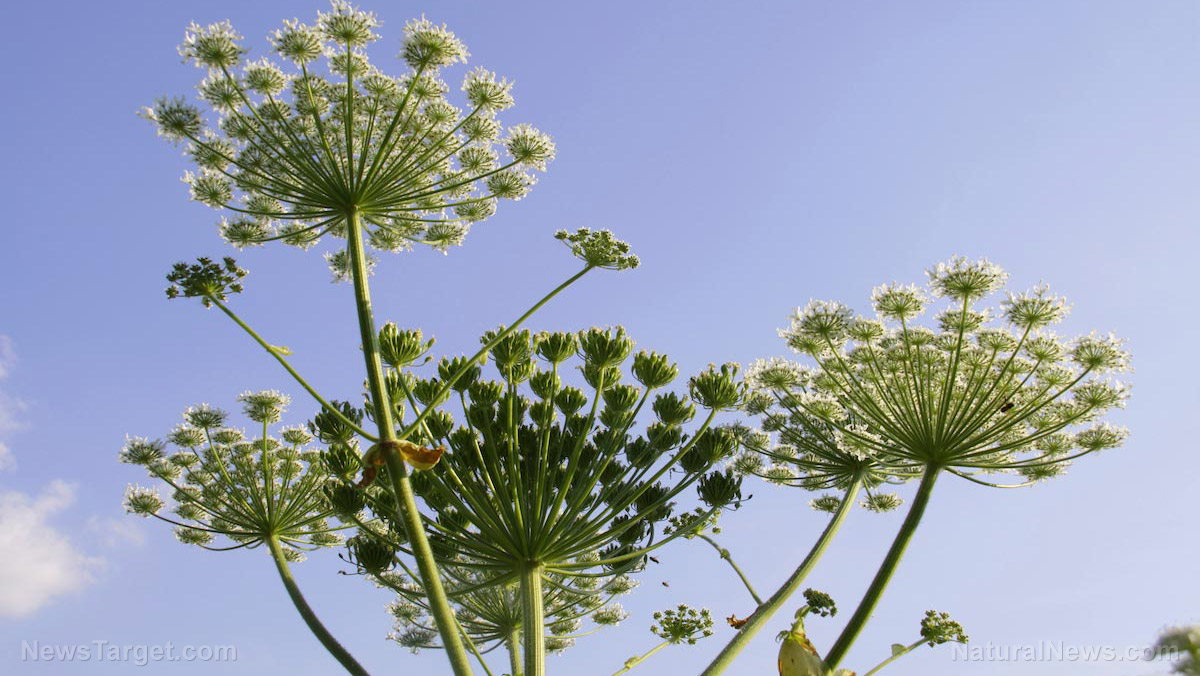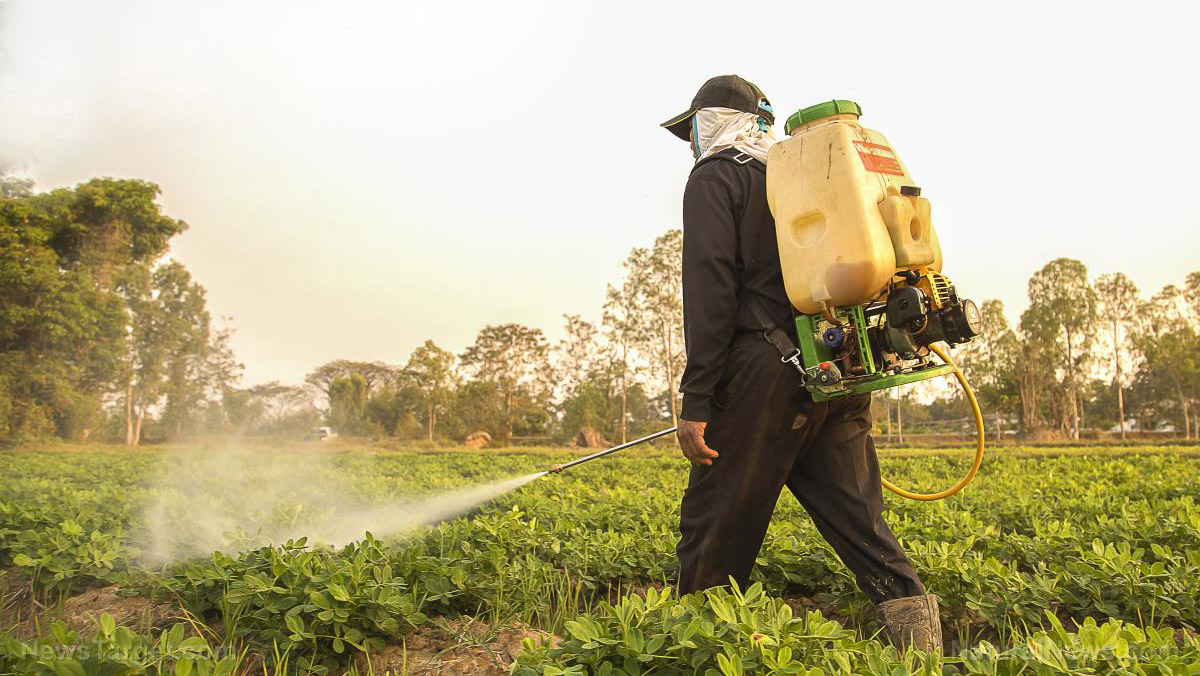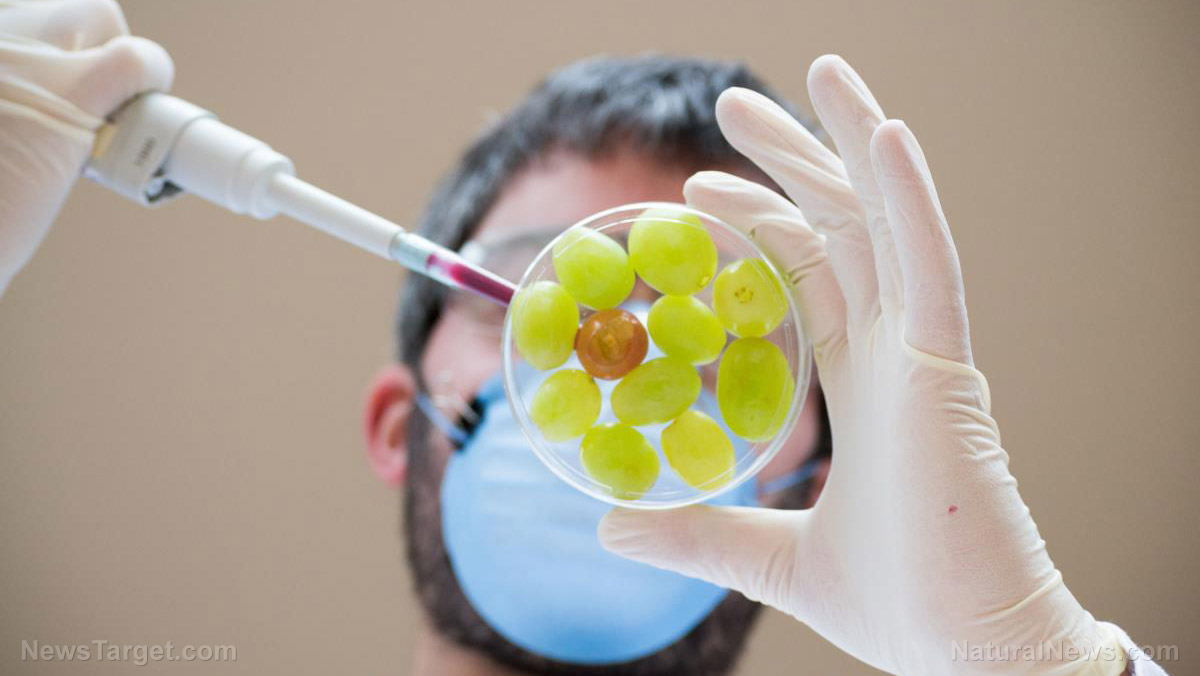It’s not only the bees: Turkeys now being poisoned with neonicotinoid pesticides
09/11/2018 / By Zoey Sky

Neonicotinoid pesticides are harming more than just honeybees. Research findings have revealed that wild turkeys are inadvertently consuming seeds coated with the pesticides.
Wild turkeys have levels of neonicotinoids in their livers
The study, which involved researchers from the University of Guelph in Guelph, Canada, showed that aside from non-pest creatures like honeybees, other animals are coming into contact with neonicotinoid pesticides.
Neonicotinoid pesticides, or neonics, have a chemical structure similar to nicotine, hence the name. There are different varieties of neonics and the three most common are clothianidin, imidacloprid, and thiamethoxam. These pesticides are heavily used in the U.S. The pesticides, which were also used in Europe, were banned in the EU earlier this year.
Neonicotinoid pesticides have been repeatedly associated with honeybee colony collapse disorder, and their harmful effect on honeybee colonies is often stated as the main reason for bans and restrictions.
Despite this display of concern for honeybees, research on the effect of neonicotinoids on other animals isn’t as comprehensive. For example, a 2014 study identified a link between the increase in the use of neonicotinoid pesticides and a decrease in insect-eating birds. (Related: Applied insect ecologist says that neonicotinoid insecticides are used far more heavily than necessary, causing huge ecological damage.)
For the study, researchers analyzed the carcasses of wild turkeys from Southern Ontario in Canada. Findings revealed that almost 25 percent of the turkeys had detectable levels of neonicotinoids in their livers.
Wild turkeys are omnivores and they will eat almost anything that they can catch or find. Turkeys also have a tendency to consume seeds. Unfortunately, seeds are often heavily treated with this brightly colored pesticide, and the researchers found corn and soy seeds coated with neonicotinoids in some of the turkeys’ digestive systems.
The study didn’t take into account the effects of neonicotinoid consumption on wild turkeys or other animals.
In a separate study in 2017, the Environmental Protection Agency (EPA) released an assessment report revealing that seed-eating birds can be harmed by the consumption of neonic-coated seeds. Negative side effects of neonics may include reduced reproductive activity and migratory abilities in birds.
Fast facts about neonicotinoid pesticides
Neonicotinoids are commonly used pesticides that are lethal to birds and the insects that birds eat.
- Neonics were first introduced in the U.S. in 1994. They can be found in countless products like insect sprays, seed treatments, soil drenches, and even veterinary ointments to get rid of fleas in dogs and cats.
- Neonicotinoid pesticides are “systemic” in plants. This means that compared to other pesticides that remain on the surface of treated foliage, neonics are absorbed by the plant. Neonics are then distributed to all plant tissues such as pollen, roots, and stems.
- One seed treated with a neonic pesticide is enough to kill a songbird. Lesser amounts may emaciate other birds, impair reproduction, and disrupt migratory pathways.
- Neonicotinoids can also be found in our food supply. Chronic neonic exposure may be associated with autism spectrum disorder and other negative developmental and neurological conditions.
- The pesticides are used in high concentrations in the coatings of seeds used to grow crops such as canola, corn, soy, sunflowers, and other vegetables.
You can read more articles about the negative side effects of neonicotinoid pesticides and how to prevent them at Pesticides.news.
Sources include:
Tagged Under: animal health, dangerous chemicals, ecology danger, environment, farm animals, honeybee colony collapse disorder, honeybees, neonicotinoid, neonics, nicotine, pet health, Poultry, toxic chemicals, turkeys, Wild Life

















